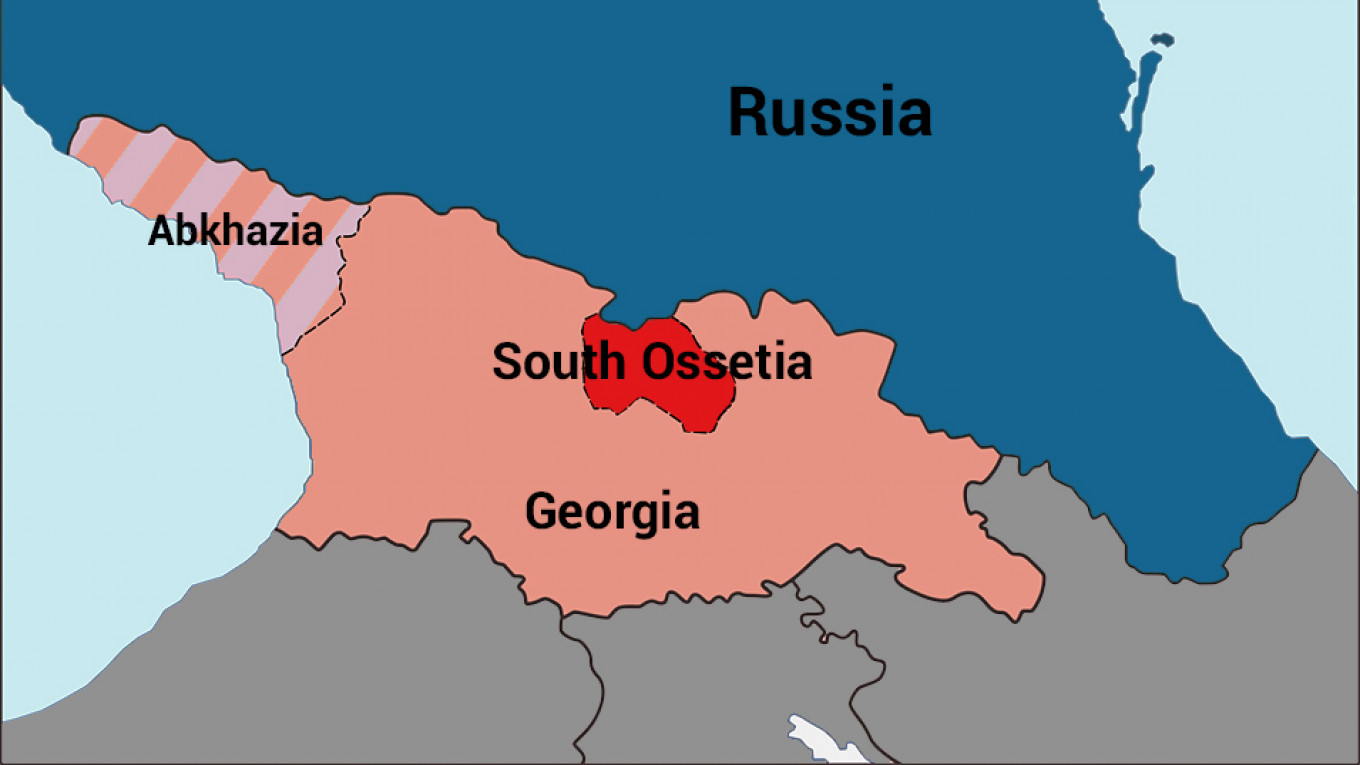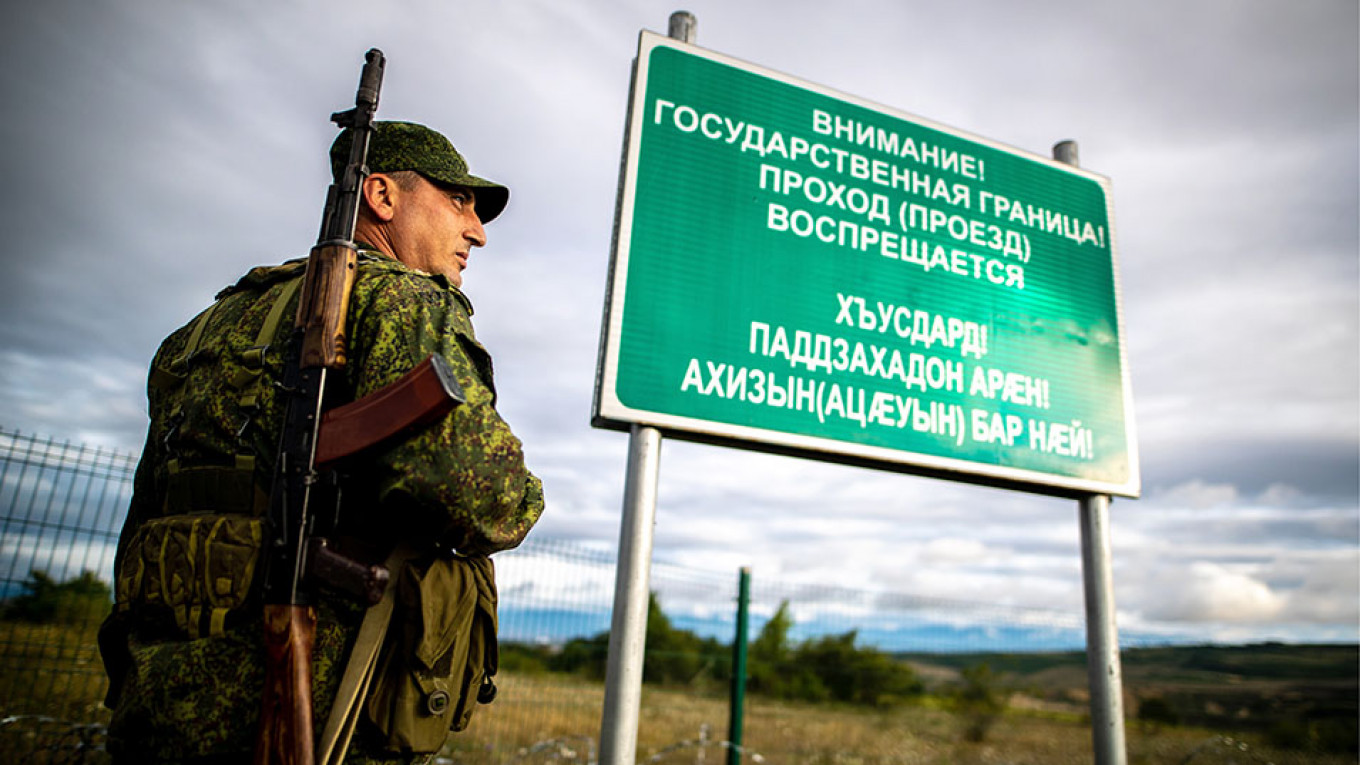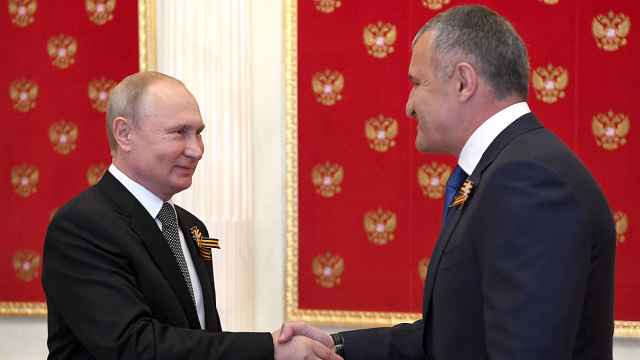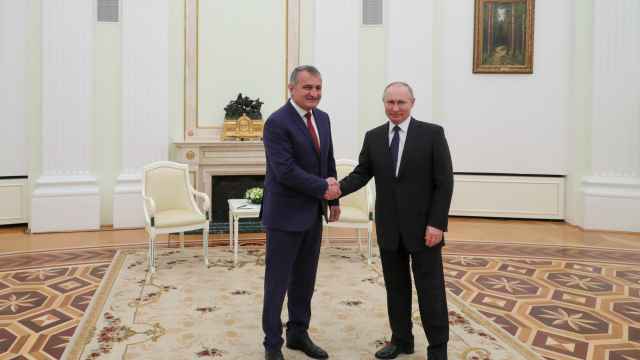The international community has called for restraint as Georgia warned of a “serious confrontation” with the Russian-backed breakaway territory of South Ossetia last week.
Only Moscow and a handful of other states have recognized the independence of South Ossetia after Russia and Georgia fought a five-day war over the region in August 2008. Russian troops have been garrisoned in both South Ossetia and the other breakaway Georgian region of Abkhazia since the war.
Here's an overview of what has sparked renewed tensions between the two sides, how international observers are responding and what comes next.
What happened?
— Tensions came to a head when South Ossetia demanded that Georgia remove an observation post on their disputed border within 24 hours last week. South Ossetia’s leader ordered the construction of its own checkpoint after the demand went unmet.

— South Ossetia’s security service announced the deployment of its security and law enforcement units in response to what it said was Georgia’s provocative actions on its territory.
— Georgia’s foreign ministry on Friday said the buildup risks “escalating into a serious confrontation.”
— On Sunday, South Ossetia accused Georgia of sending two dozen armed officers to the border and shooting down one of its drones.
What are Russia, the U.S. and the EU saying?
— Russia’s Foreign Ministry called on the sides to “exercise restraint” and accused Georgia of “repeatedly refusing to begin talks on delineating and demarcating the border” with South Ossetia. Georgia, Russia added, has “over the past few months deliberately escalated tensions on the border through provocative campaigns and political propaganda campaigns supported by Western countries.”
— The United States said it was monitoring reports of the military buildup on the Georgian-South Ossetian boundary. The State Department urged Russia to “utilize all available channels to prevent further escalation.”
— The European Union’s ambassador in Tbilisi said it expects “all sides to show maximum restraint and use their influence” to avoid escalation. The envoy called “confrontational language” during mediated talks last week “unacceptable.”
What are observers saying?
— The Organization for Security and Cooperation in Europe (OSCE), which mediates Georgian-South Ossetian negotiations with the EU, said the buildup “negatively impacted the overall security situation.”
— The head of the EU’s monitoring mission in Georgia said its 24/7 patrol has reported that “everything [is] quiet so far.”






